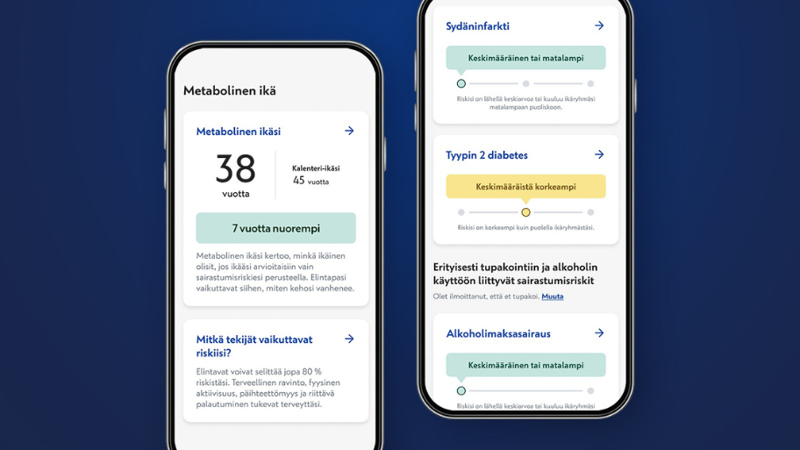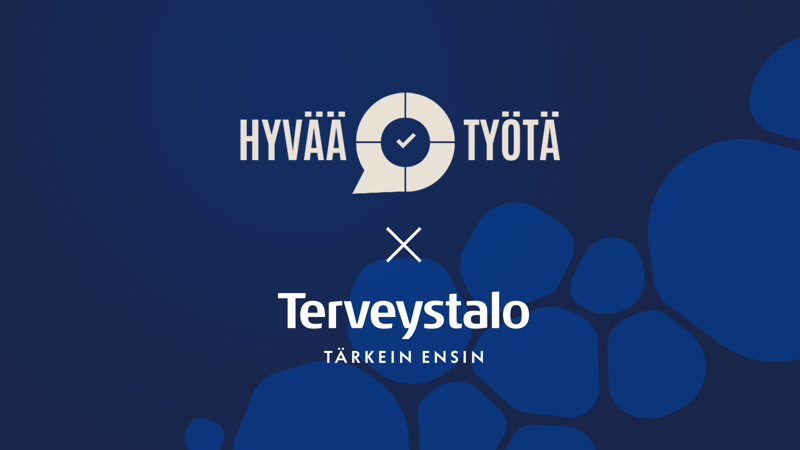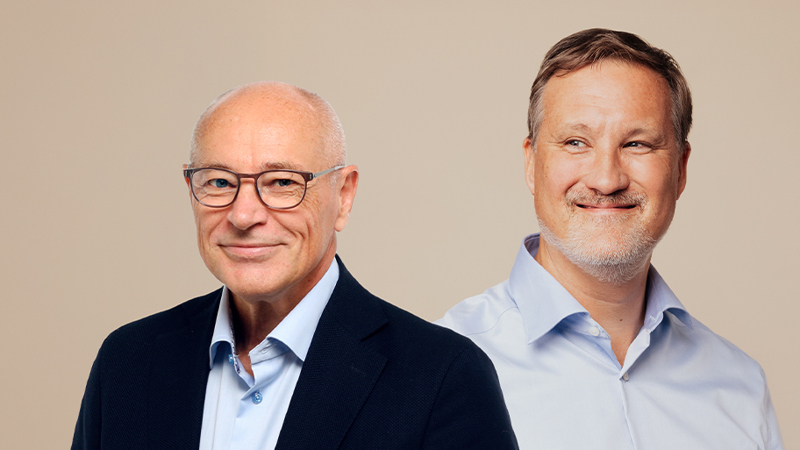Addressing substance abuse problems in the working environment – the earlier, the better
Substance abuse problems are relatively common. Various studies show that as many as about 50% of working-age men and about 25% of women consume too much alcohol. As many as 70% of those addicted to alcohol are employed. It is the employer's responsibility to intervene if there is reason to suspect that an employee has a substance abuse problem that affects their work. Intervention is important, not only for the well-being of the individual but also from an organizational point of view; heavy alcohol consumption increases sickness absences, contributes to the risk of disability retirement and unemployment and reduces the productivity of work.

Even before the COVID-19 pandemic in 2018, the Numerot puhuvat study* (in Finnish) calculated that the consumption of alcohol causes Finnish workplaces to incur annual costs of at least EUR 500 million, possibly more than EUR 1 billion. The COVID-19 epidemic, which has continued for the last two years, has caused a lot of concern about the growing scale of substance abuse problems among working-age people.
“In the light of the statistics, it appears that the number of workers who suffer from substance abuse and have access to treatment in occupational health services is lower than the actual number workers suffering from substance abuse as estimated on the basis of population surveys. We can assume that a lot of substance abuse problems currently remain hidden and will not be addressed in time,” says Matti Palomäki, Occupational Health Physician in charge of Terveystalo's substance abuse program.
“As the restrictions imposed on society are now easing, workers will be required to physically participate in the activities of the work community. Substance abuse problems that remained hidden due to working from home can come as a surprise to supervisors who should be prepared for these challenging situations,” says Palomäki.
“Addressing issues at an early stage is important in order to minimize the impact of substance abuse problems on the working environment, occupational safety and the individual's ability to work. Speaking up about an employee’s substance abuse issues is often challenging and even awkward for the supervisor, which is why the treatment is often delayed. Setting things right requires a clear operating model from the occupational health partner, in addition to which supervisors play a major role in initiating the care pathway,” says Palomäki.
Learn about addressing substance abuse issues in the workplace and download support materials
What is the cultural attitude in your organization towards alcohol and other substance use? Do HR and supervisors have the awareness and tools for early intervention and supporting employees when help is needed? Read more on the topic and download support materials for supervisory work.
Read more articles

The renewed lifestyle disease risk report from health examinations provides more information and reinforces prevention
Starting in February 2026, the lifestyle disease risk report will include an estimate of metabolic age and compare each individual's results with data collected from working-age people at Terveystalo.

What is metabolic age and why should you care about it?
A new laboratory study by Terveystalo reveals how your body is aging. Metabolic age makes biological aging visible.

Suun Terveystalo expands its expertise and network – also for the benefit of occupational health customers
At Terveystalo, oral health is an integral and essential part of overall well-being and health. Our expanding oral health care network enables us to provide comprehensive services to both employees and customers throughout Finland. Our goal is to ensure smooth access to care and to remain at the forefront of developments in the field.

Terveystalo joins leading working life actors at the Hyvää työtä Forum
New cooperation opens up opportunities for building a more positive working life.

Research result: Evaluating the effectiveness of healthcare requires sufficiently sensitive indicators
When developing healthcare, the focus is usually on effectiveness and measurable evidence. From the perspective of the individual patient, it is important to understand whether the treatment will bring them real benefits, rather than just more procedures. From the perspective of society, it is important to know where limited resources should be allocated.

Smooth assistance for your needs – our AI assistant is now at your service
You can now find Terveystalo’s AI assistant on our website — a quick and easy way to get answers based on the information available on our site. For now, the assistant is available only on the Finnish‑language section of our website, but you can chat with it in English.